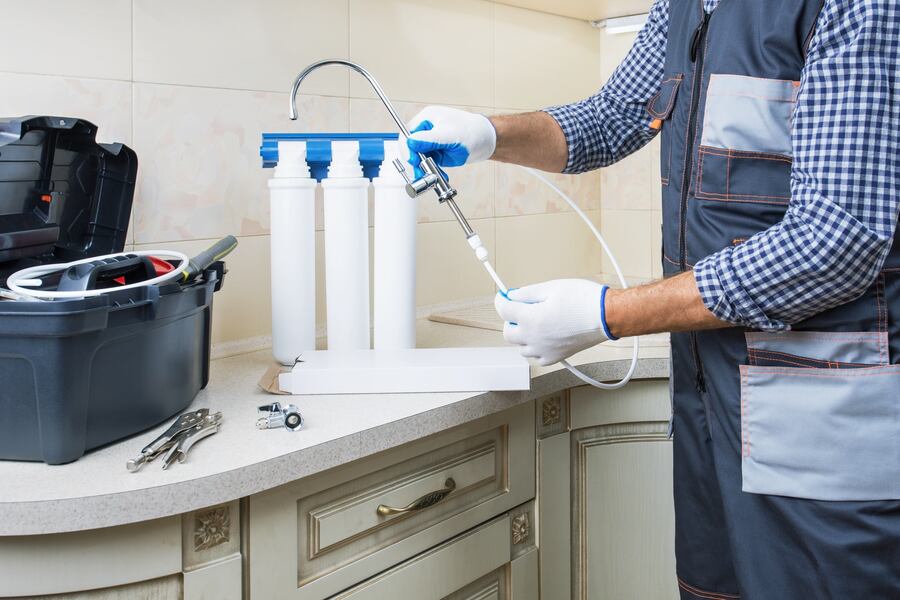
01
Water softeners are commonly used in households to address hard water issues, enhancing the quality of water for daily use. However, their impact on septic systems is a topic of significant interest and concern. Understanding how water softeners interact with septic systems is crucial for homeowners to ensure the longevity and efficiency of both systems.
Water softeners are designed to remove calcium and magnesium ions from hard water, which can cause scale buildup in pipes and appliances. These ions are replaced with sodium or potassium ions through a process called ion exchange. The softening process results in the discharge of sodium-rich water, known as brine, into the household plumbing system, which eventually makes its way into the septic system.
The main concern with water softeners is how the discharged brine affects the biological processes within the septic tank. Here are some key points to consider.
Water softeners can significantly improve the quality of household water, but their impact on septic systems requires careful consideration. By understanding the potential risks and adopting proper maintenance practices, homeowners can ensure the efficient operation of both systems and prevent the risk of septic tank repairs.

04
Early Warning Signs Your Septic Tank Needs Pumping For homeowners who rely on a septic system, routine maintenance is not…
Read more
29
Why Does My Septic System Smell Fine One Day and Terrible the Next? If you own a home with a…
Read more
19
Is Your Septic System Overdue? Simple Home Checks You Can Do Today For many homeowners, the septic system is a…
Read more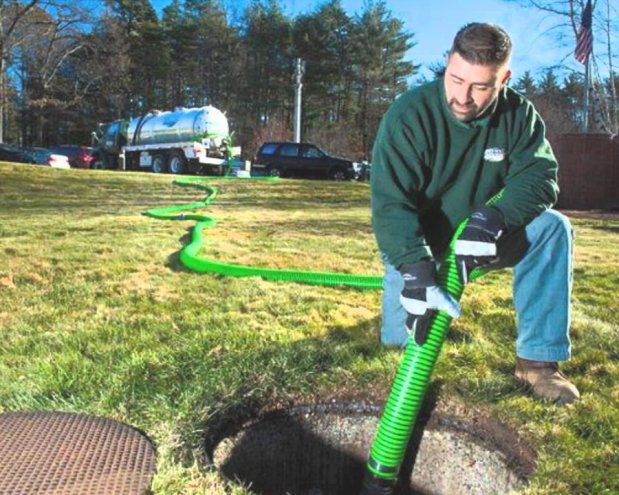
13
5 Signs Your Septic Tank Is Overdue for Pumping Your septic system works quietly behind the scenes, managing wastewater from…
Read more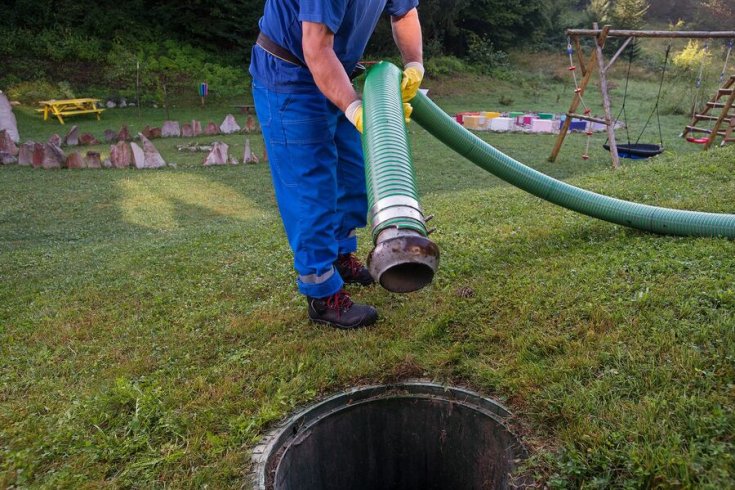
07
Do Septic Additives Really Work? Septic additives are everywhere. You’ll see them at hardware stores, advertised online, and often recommended…
Read more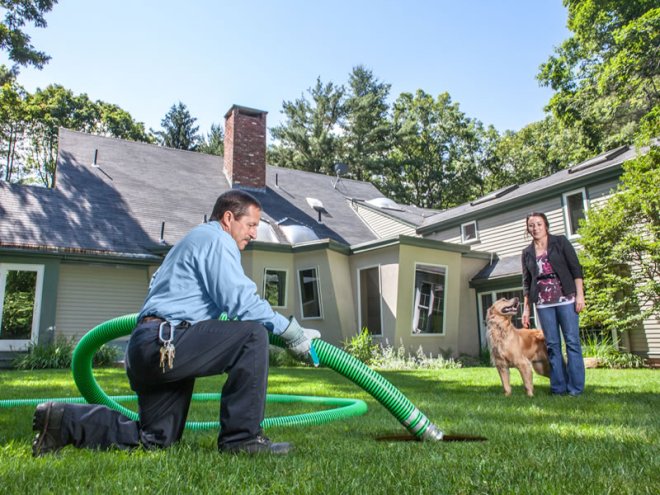
29
5 Things You’re Doing Every Day That Fill Up Your Septic Tank Faster Your septic system works quietly in the…
Read more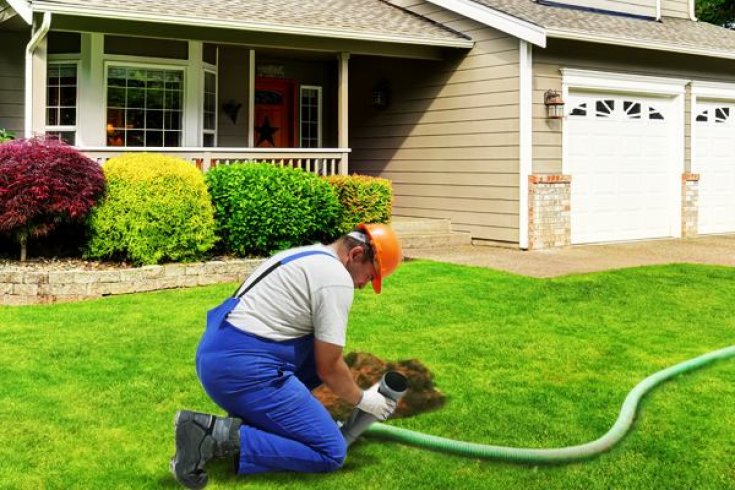
21
Is It Normal for Grass to Grow Greener Over My Septic Tank? If you’ve noticed a patch of grass in…
Read more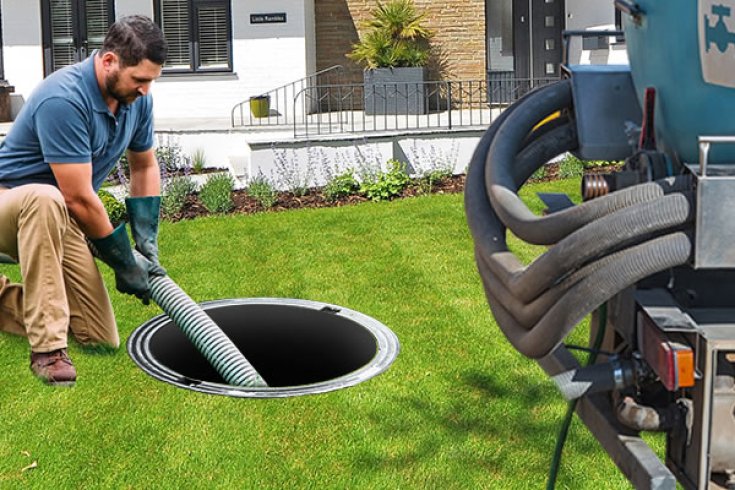
16
Why You Shouldn’t Wait Too Long to Pump Your Septic Tank A septic system works tirelessly behind the scenes to…
Read more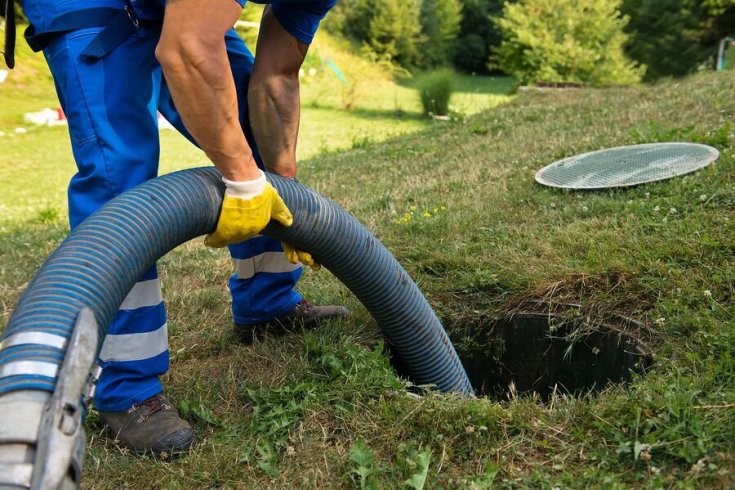
07
Septic Tank Smells? Let’s Talk About What’s Really Going on Underground A septic system is designed to manage wastewater efficiently…
Read more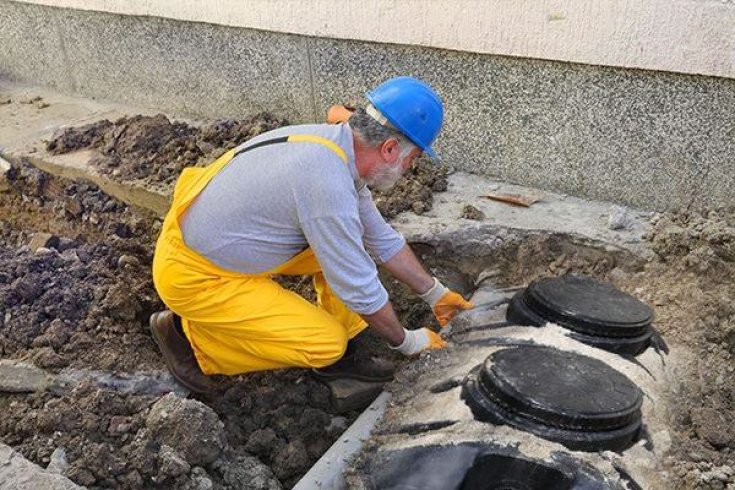
31
Why Neglecting Your Septic Tank Can Affect Your Yard, Home, and Health A well-functioning septic system is essential for managing…
Read more